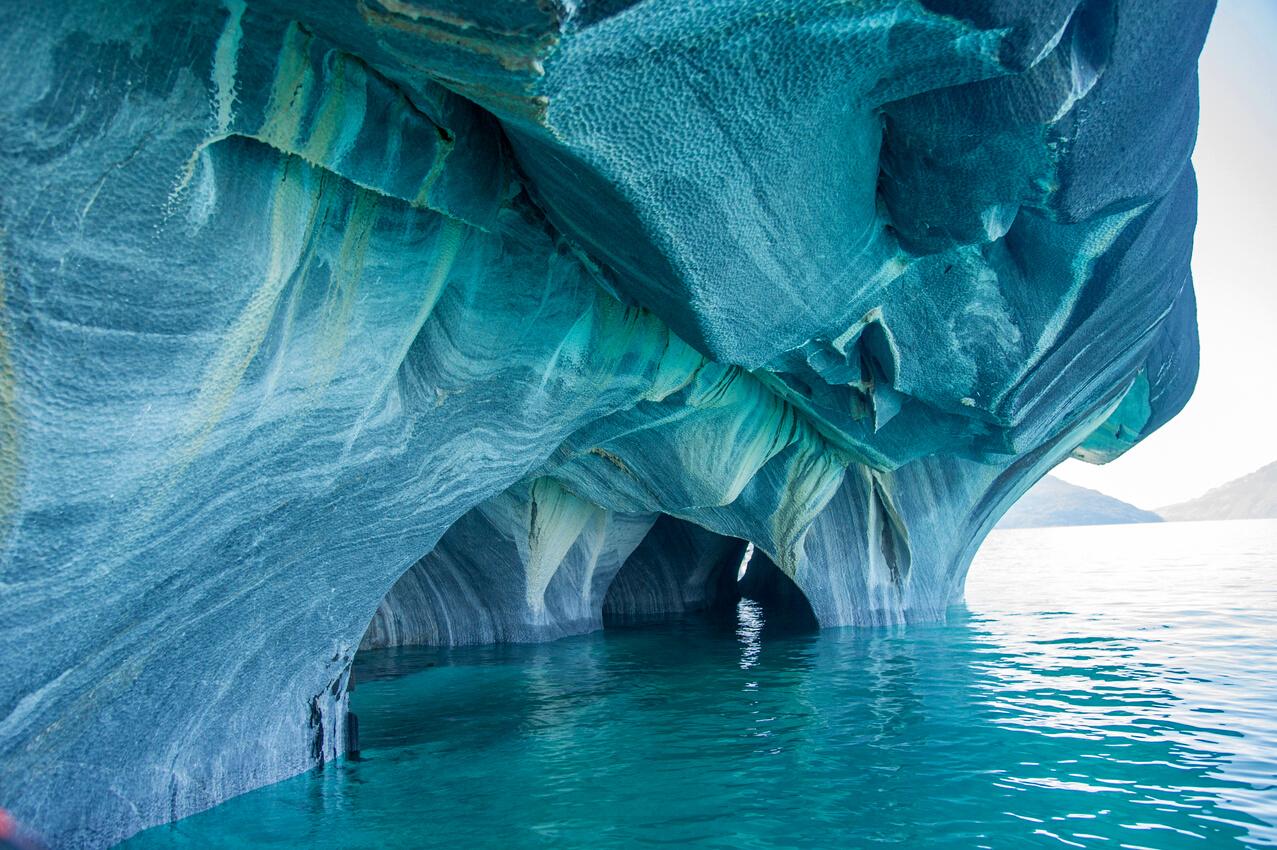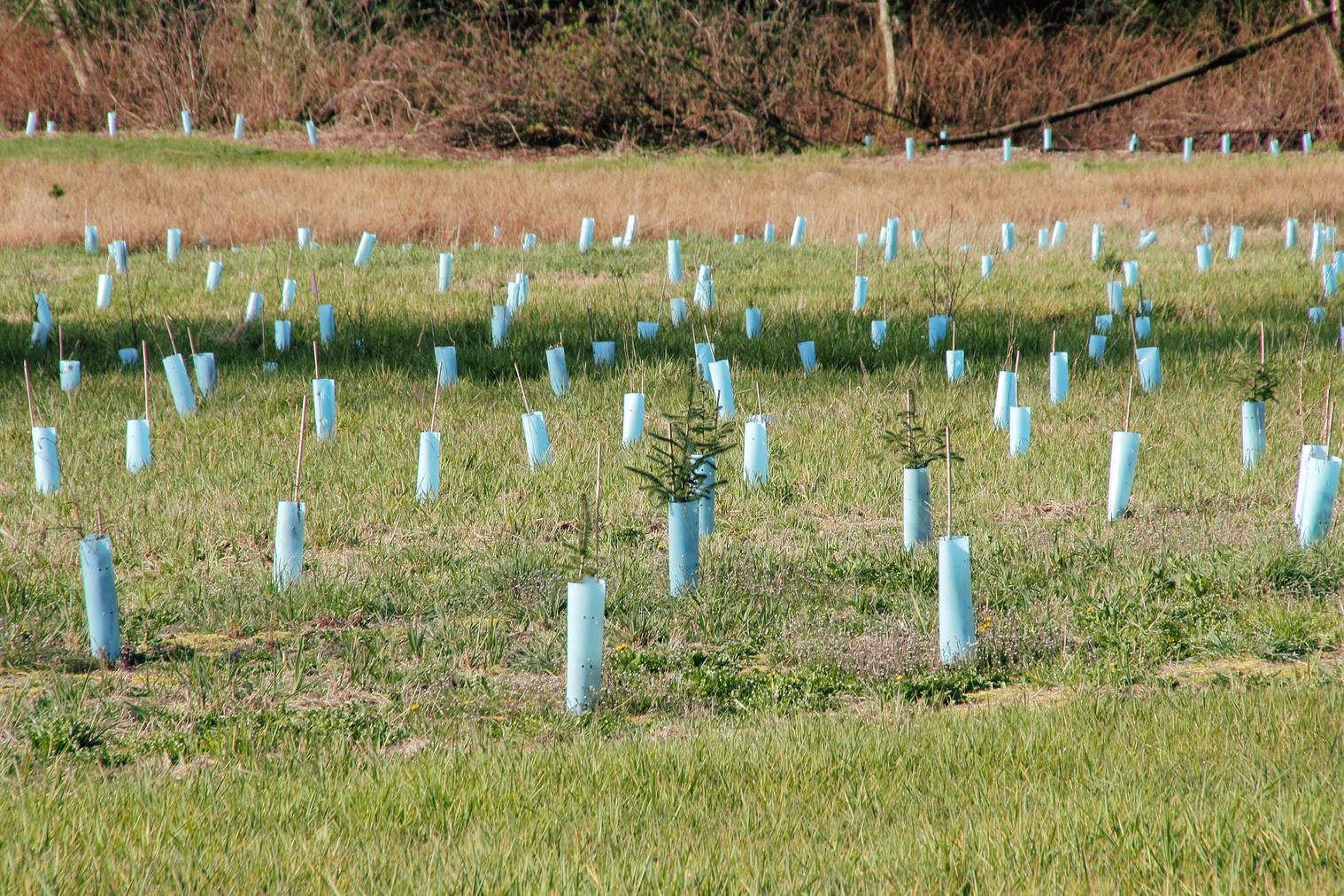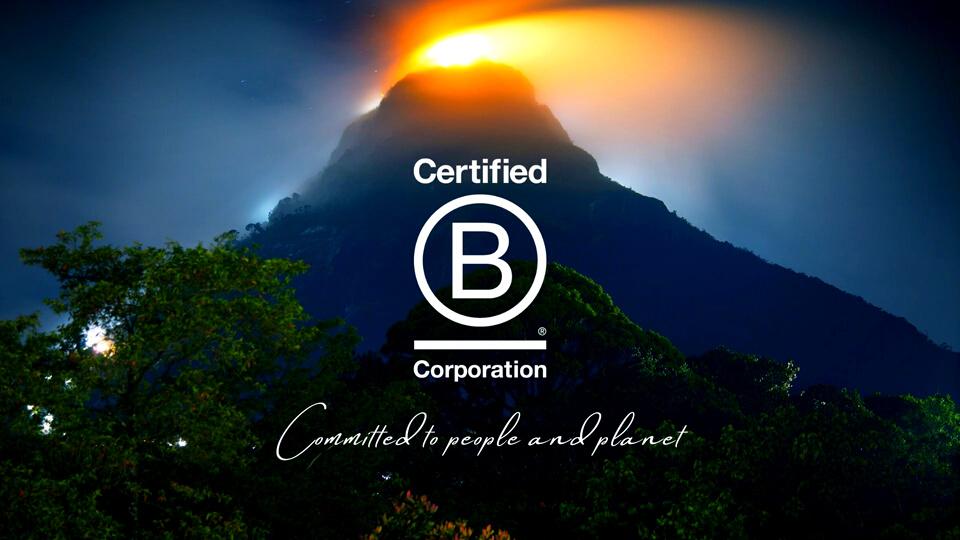PositiveImpactTravel 2022 IMPACT REPORT


 - JANE GOODALL
- JANE GOODALL


What you do makes a difference, and you have to decide what kind of difference you want to make.

Contents. 2 Overview 01 02 Carbon 03 Philanthropyandcoregoals 04 BCorpCertificaiion 05 UNSustainableDevelopment Goals 06 Fairvalueofnature 07 Lookingtothefuture
At rep hav tak pe Th wh the aug ho Th the 20 eff car

3
O JarrodKyte PRODUCT & SUSTAINABILITY DIRECTOR | STEPPES TRAVEL
Carbon.
OffsettingFlights
We have offset 2,182.5 tCO² generated by clients’ flights in the period September 1st 2021 – August 31st 2022 (our financial year), at a cost of £32,737.05 paid to World Land Trust.
We have brought our staff travel carbon offset up to date by paying an offset to World Land Trust for the period from 1st September 2019 –August 31st, 2021. During this time, staff travel generated a total of 82.029 tCO² which has been offset
with World Land Trust at a cost of £1,230.44. Since September 2013, Steppes Travel has paid World Land Trust £10,248.93 to offset carbon emissions generated by staff flights.
We continue to work with World Land Trust with whom our offsets are allocated to a portfolio of self-certified REDD+ projects (Reducing Emissions from Deforestation and Forest Degradation) in countries such as Vietnam, Ecuador, Guatemala and Mexico. While afforestation has an important role to play in providing nature-based carbon extraction, the protection and restoration of existing forests is paramount

4
According to World Land Trust, between 10-20% of global Green House Gas (GHG) emissions are caused by the destruction of existing forests.
Our policy on offsetting remains as follows:
We offset our clients’ international and domestic flights, even if the flights are not booked by Steppes Travel. We offset these flights based on travel in economy class. We encourage our clients to make up the difference in offset, should they choose to travel in a higher cabin class
We offset our own staff travel flights. We offset our office carbon footprint.

OfficeFootprint

With the help of e-collective we have measured the footprint of our headquarters in Cirencester, for the calendar year of 2022, as 46.45 tCO².
This is a significant increase to 2021, namely due to using an improved methodology and measuring additional components. We have attempted to calculate the carbon emissions associated with our team working from home for approximately 40% of the week and the emissions associated with our team’s commute for the days they work from our office. Business travel has significantly increased since the lifting of Covid restrictions.
A payment of £726.50 has been made to World Land Trust to offset the operational carbon footprint of our office, covering the calendar years of 2021 and 2022
5
Our carbon footprint is broken down as follows:
Measuringourimpacton theground
In 2021, we identified the need to come up with a system of scoring the sustainability of the properties we use. By weighing up a property’s carbon footprint against the positive impact it has on the local community and environment, we can determine its net impact. We are still some way off achieving this at scale, but we continue to collaborate with organisations such as The Long Run and Weeva towards achieving this objective.
We have been trialling various carbon calculators this year to generate baseline figures for the carbon emissions generated by typical itineraries in our key destinations. Not only this, we have started a process of consolidation of hotels and cruises in our key destinations based on an analysis of their carbon footprint alongside their environmental, economic and social impact.

2 38 4 4 21 32 16 96
6
Figure 1: Carbon footprint of Steppes Travel Headquarters Office energy consumption, water usage and waste Breakdown Working from home Business travel Staff commuting Website 1 4 tCO2
The table below
summarises the level of support we have provided to charities and initiatives in alignment with our core goals: biodiversity, female education and renewable energy: Philanthropy & Core Goals. Figure
£15,588 £15,588 £8,633 £24,250 £400 Biodiversity:Briggtree
plantingproject

2: Donations to charities and initiatives in the calendar year
2022
Charity/initiative
Earlier this year our Product and Sustainability Director Jarrod Kyte revisited our tree planting project in Brigg, north Lincolnshire, four years after the first saplings were put in the ground. You can read his update here. Amountdonatedincalendaryear2022 Room to Read Practical Action
of
Brigg Tree Planting Project
£12,000
Friends of Scott Polar Research Institute Orangutan Foundation PanEco Sumatran Orangutan Conservation Programme Richard Dawkins Foundation for Reason & Science Oncafari – camera trap (maned wolf project)
Total £100,459
£12,000 £12,000 7
Following the tsunami in 2004 and the end of civil war in 2019, Room to Read had notable success in improving the quality and accessibility of education for children in need, right across Sri Lanka.

Following the terrorist attack in 2019 and the economic crisis that reached its peak in 2022, Room to Read have once again stepped in to help adolescent girls in Sri Lanka from under-resourced communities, continue with their education despite the economic challenges.
The money Steppes has given to Room to Read is used to support an initiative whereby a team of mentors provide
remote life skills lessons, conducted via telephone, along with essential coaching and counselling to help adolescent girls overcome hardships and remain engaged in their education.
Room to Read’s Sri Lanka Country Director, Shevanthi Jayasuriya, explains: “These young women need support more than ever, and we are committed to keeping them focussed on learning so they acquire the skills they need to persevere, graduate from school and create a future that they choose.”
See Room to Read’s website to read about how this mentoring service has helped Chathurika.
8
Literacy&FemaleEducation:RoomtoRead
RenewableEnergy: PracticalAction

Steppes’ donation to Practical Action will go towards providing solutions to address a series of climate crisis related problems faced by the farming sector in Rwanda. Mahama is Rwanda’s largest refugee camp and the land around the camp is shared with farmers from the local Rwandan community.
These two neighbouring communities are finding farming increasingly difficult due to droughts and soil degradation, causing crops to fail.
Practical Actions climate action-plan to combat these issues is based on three main solutions: 1. 2. 3
Installing solar irrigation and training farmers and refugees to manage and maintain this process so they can plant their crops, even during dry spells. Introducing regenerative and sustainable farming techniques (such as increasing vegetation cover and organic fertilisers) to restore the ecosystem in the surrounding area of the camp. Improving access to markets, so farmers can sell crops in the refugee camp and to markets further afield, maximising their income.
Once implementation of this project is complete, the lead farmers will continue to coach other farmers to adopt regenerative farming practices, scaling up the solution to more communities, helping to improve food security and increase income generation.
Denyse Umubyeyi, Practical Action’s Country Director for Rwanda says: “By making solar irrigation accessible, farmers will be able to improve their harvests, feed themselves and make more money with crops that can survive droughts.”
9
Paying a fair price for nature.
In the final quarter of this year, we introduced an initiative to raise awareness about the need for tourism to pay a fair price for the natural resources on which the industry depends.
The meagre Galapagos National Park fee of $100 epitomises how nature can often be undervalued. To address this issue, for every client travelling with Steppes Travel to the Galapagos, we donate $100 to the Galapagos Conservation Trust to fund essential conservation work.
We also encourage our clients travelling to the Galapagos to do the same. The Latin American Travel Association has adopted this initiative and is urging other tour operators to do the same as Steppes Travel.
Read more about our Paying a Fair Price for Nature campaign on our blog

11
Looking to the future. Carbon,Conservation, Community

In 2021, we set ourselves the ambitious goal of halving our carbon footprint by 2025 With very limited means of accurately measuring our supply chain (Scope 3) emissions and with long haul flights contributing such a significant percentage of our overall carbon footprint, it is now clear that this deadline is unachievable.
As a signatory of the Glasgow Declaration, we have committed to work towards a 50% reduction of our carbon footprint by 2030. We are under no illusion that this will be a very challenging target, requiring trade-offs and innovation.
Our efforts in 2023 will be focussed on establishing a baseline figure for the carbon emissions generated in the supply chain (hotels, transport, excursions etc.) of our most popular destinations, so that we can start making inroads towards achieving this objective.
12
While a reduction in the carbon emissions associated with our business is essential, we will continue to use the UN SDG framework to provide holidays that support conservation and community initiatives.


We are in the process of creating a shortlist of positive impact properties – hotels and lodges - in our most popular destinations that we believe create positive environmental, economic and social impact on the ground.
These hotels will be the mainstay of our business.
W ill ti ue to give financial ities and initiatives that t with our core goals, simplified as carbon, nd community. we are supporting in
ect – an innovative ession model that has nd just outside e for tree planting Table – giving people in unity access to food and eat it with – community-led bitat restoration on the g peninsula
13
The financial support we give to carbon, conservation and community-based initiatives will be at least 1% of our total revenue.
At least 20 of our most popular destinations will have a carbon emissions baseline figure that reflects all components of the holiday (flights, accommodation, transport, excursions etc.)
We will measure the number of bookings where our clients have offset the difference between economy and higher-cabin seats on their flights and look for means of incentivising this action.
50% of the hotels/lodges we book in 2023 in our top selling destinations will be from our short-list of ‘positive impact properties.’
50% of the Holiday Ideas on our website will articulate how the holiday contributes to at least three UN Sustainable Development Goals.

14
1. 2. 3. 4. 5. Ourgoalsfor2023


Weshouldn’tletperfectbethe enemyofgood.Wedon’thave alltheanswers.Farfromit. Weknowthatcarbon measurementandoffsettingis notaperfectsolutionbutit shouldbethestandardacross theindustry.Wewillcontinue tostrivetodomore. Wehopeyouwilljoinuson ourjourneytorefinetheway wetraveltoensureitisa privilegethatcanbeenjoyed formanyyearstocome.


 - JANE GOODALL
- JANE GOODALL



















